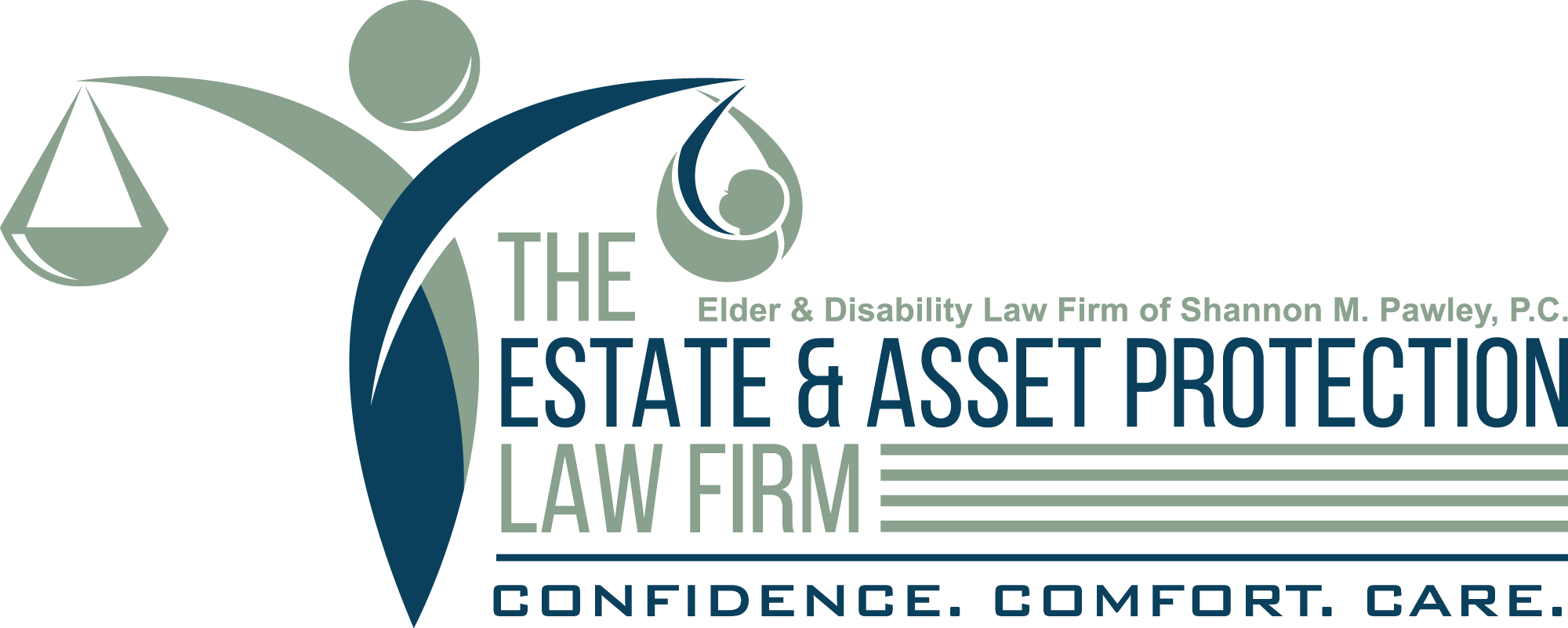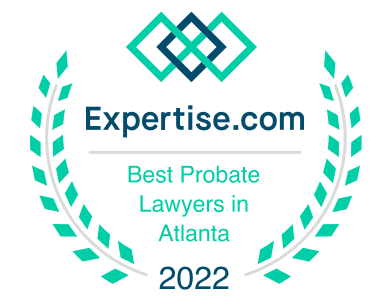Medicaid Estate Recovery: What It is. When It Occurs. How To Prevent.

What Is Medicaid Estate Recovery?
If you’ve never heard of the Medicaid Estate Recovery Program (MERP), please read on. Many people end up benefiting from Medicaid for long-term healthcare needs, which is why it is important to know about this program.
The Medicaid Estate Recovery Program is one that attempts to recoup reimbursement for long-term care costs after the death of the individual recipient.
Every state has a MERP, which makes it even more important that you have at least a cursory understanding of what the rules are in your state, along with when it occurs, and most importantly how to prevent it. The rules are not consistent from state to state, so you need to know the specifics in your state.
Medicaid planning is often part of creating an estate plan and a qualified estate planning attorney can explain the specifics in your state. MERP and Estate Planning techniques can be complicated and hiring a good attorney is an excellent idea to make sure you don’t get caught having to reimburse long-term care costs you thought were being covered by Medicaid.
When it comes to Medicaid Estate Recovery, some of the more common circumstances in which a state cannot seek reimbursement include:
- The deceased Medicaid recipient has a living spouse. While it is possible for a state to attempt recovery following the death of the surviving spouse, not all states do. Even in those that do, there is usually a statute of limitation, or a maximum amount of time in which Medicaid is able to initiate Estate Recovery. In most cases, the statute of limitation is one year.
- The deceased has a child who is not yet 21 years old. It is possible for Medicaid to initiate Estate Recovery after the child turns 21. However, as with the above situation, there is generally a statute of limitation of one year. This means that in most cases, if the child does not turn 21 within a year of the Medicaid recipient’s passing, the state cannot attempt Estate Recovery.
- The deceased has a child of any age who is blind or disabled (as defined by the Social Security Administration).
- The sibling exemption which is if a brother / sister who has equity interest (ownership) in the home lives there and first moved in a minimum of 1 year prior to a Medicaid recipient’s institutionalization in long-term care facility.
- An adult child lives in the home and lived in it with their parent for at least 2 years preceding the parent’s institutionalization. During this time, the adult child provided care that delayed the need for facility care.
Other methods exist for preventing Medicaid from attempting to recoup long-term care expenses. There are Medicaid Asset Protection Trusts and other methods that I will be happy to elaborate on. If you are ready to explore how you may be eligible for Medicaid for long-term health care, and how to avoid Medicaid Estate Recover, give my office a call at (470) 235-7868 and let’s schedule a consultation. In addition, you will find more information about MERP at the link I’ve provided below.
Looking to find an experienced estate lawyer in the Georgia area who is skilled in asset protection and estate plan preparation? Shannon Pawley is an attorney in Georgia with expertise in estate planning and asset protection. Shannon can provide assistance with creating an estate plan to include making a will and how to establish a trust properly. If you have questions about asset protection or questions about making an estate plan, reach out to Shannon and she will be glad to help answer all the estate planning questions you might have!







